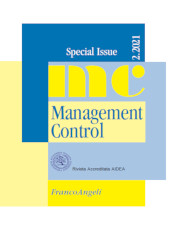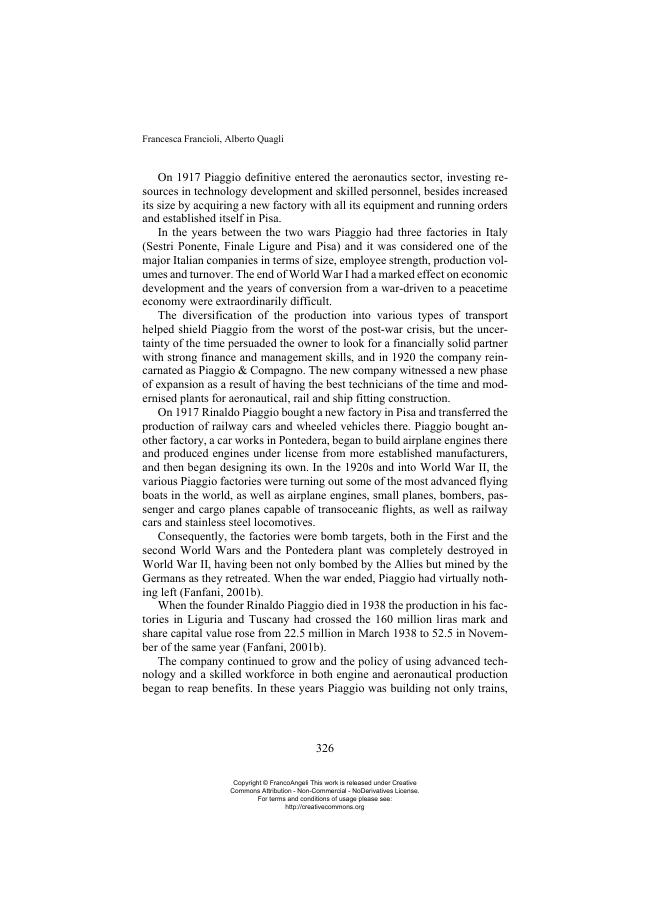Management accounting change and the rise of Vespa (1884-1965)
313-338 p.
This paper focuses on the manner in which the interplay of several external and internal forces can affect a company controlsystem architecture over time. As its object of enquiry, the Italian manufacturer Piaggio provides us with a glimpse of management accounting techniques across a century in a context of economic instability and political and social tensions in Italy. The authors examine the contextual factors conditioning influences and their interplay with Piaggio costing techniques. The study suggests that accounting change was dependant on a complex set of relationships and preconditions. The specificity of the company accounting controls was tied to the interplay of internal and external forces, for instance changes in the production motivated by the war requirements, the rise of fascism and protectionism, low market competition, highskilled technicians, investment on innovation, low wages, and strikes of the workforce.
The findings highlight that the occurred developments and changes were carried out in order to enable the survival of the firm and to respond to specific managerial, behavioural, and organizational needs. [Publisher's text].
Forma parte de
Management Control : special issue 2, 2021-
Artículos del mismo número (disponibles individualmente)
-
Información
Código DOI: 10.3280/MACO2021-002-S1014
ISSN: 2239-4397
MATERIAS
KEYWORDS
- Management accounting change, Cost accounting, Control system, Organizational change



